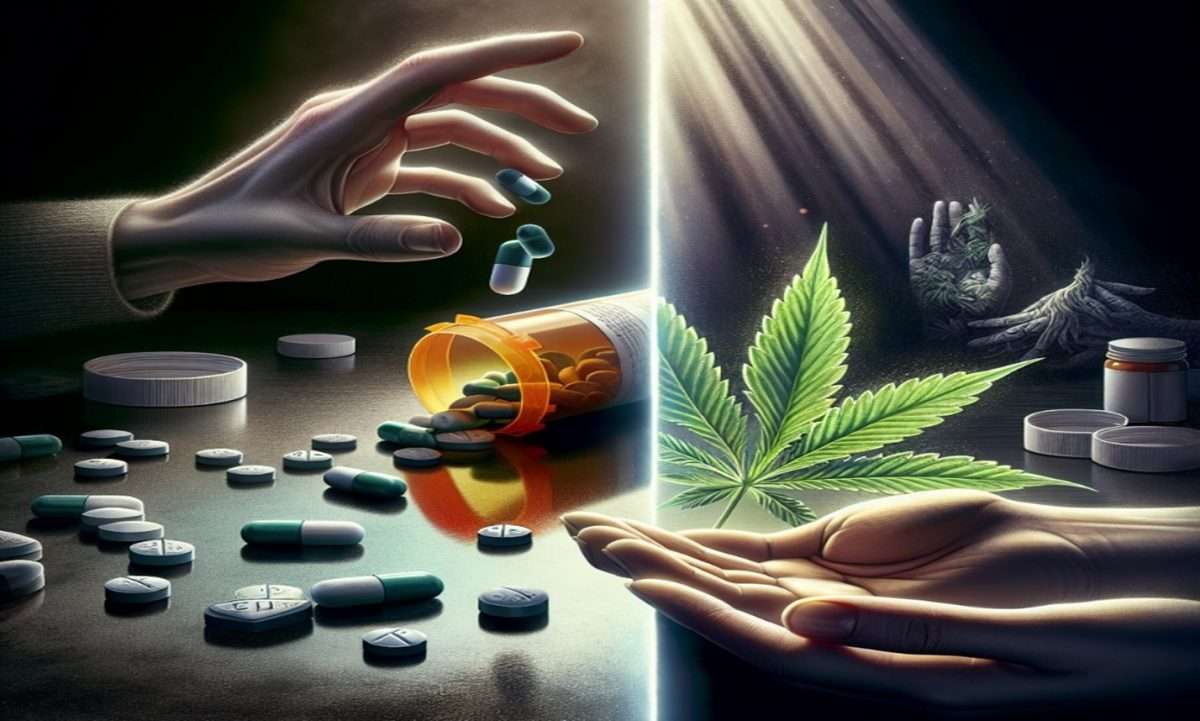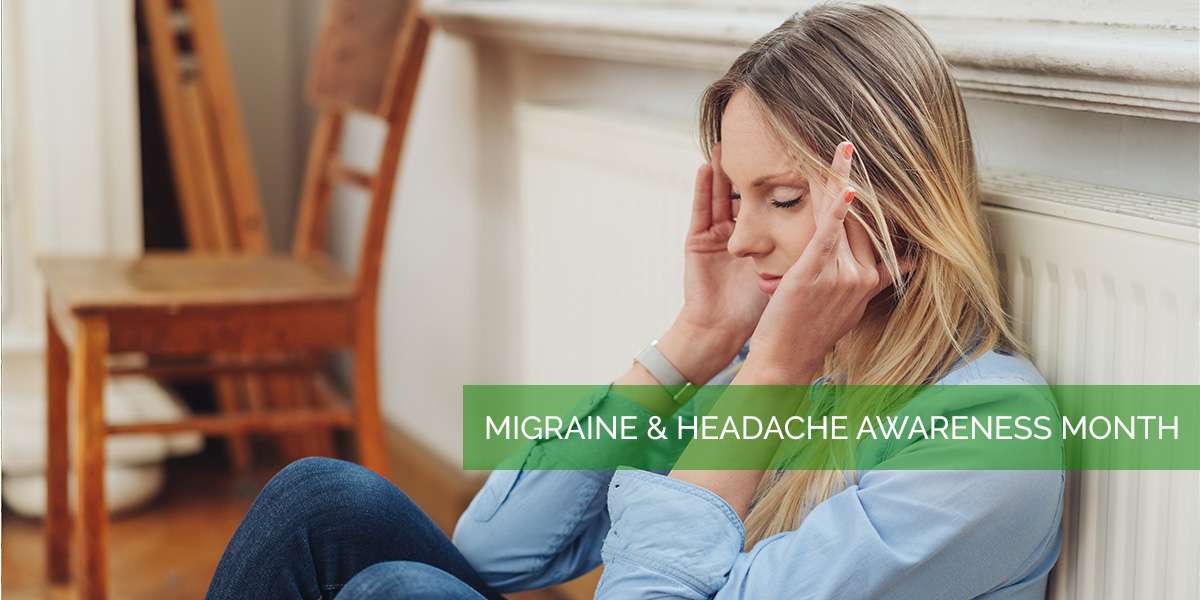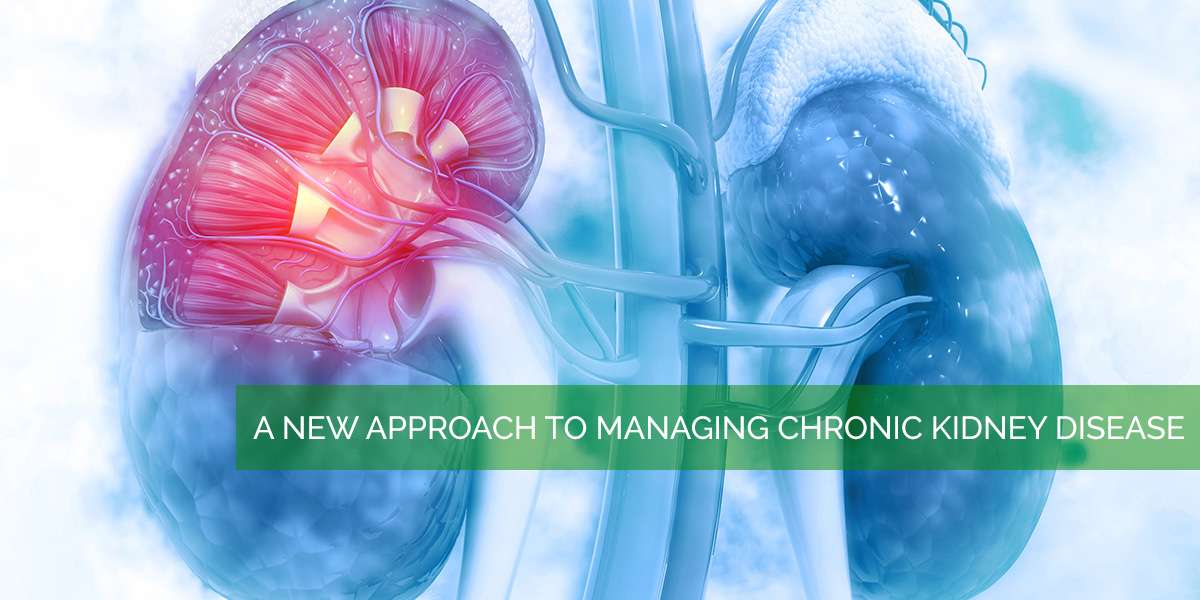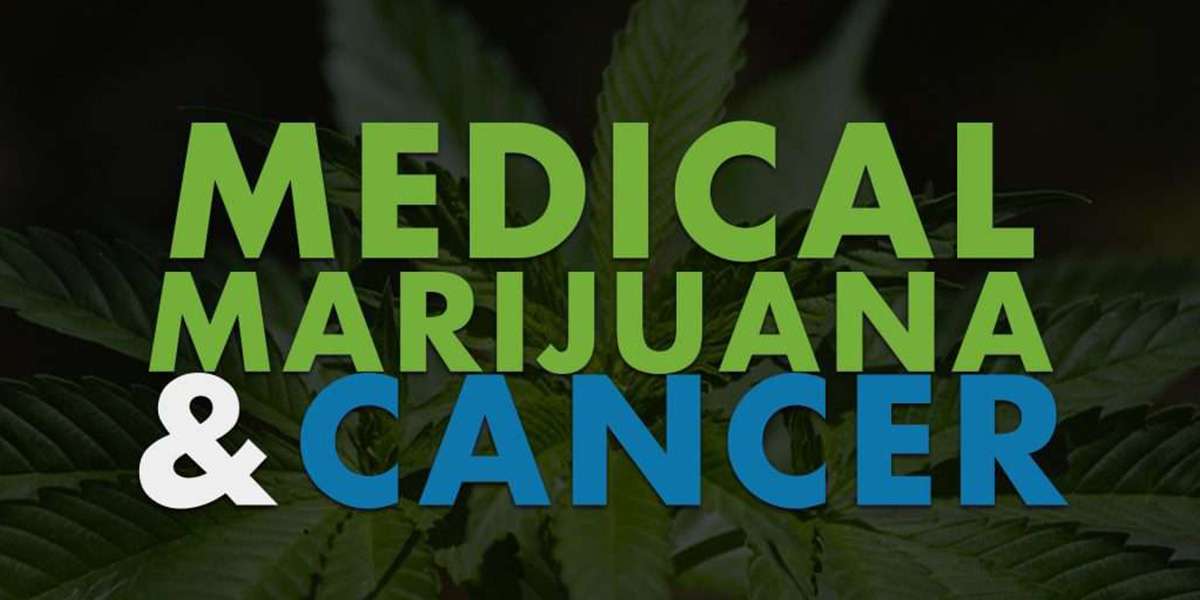The opioid crisis has devastated communities across the United States, leading to a surge in overdoses and deaths. As healthcare professionals and policymakers search for solutions, medical marijuana has emerged as a potential alternative to opioids for pain management. This natural remedy has gained attention for its ability to alleviate chronic pain while potentially reducing the risk of overdose associated with opioid use.
Research into the connection between medical marijuana and opioid usage has revealed promising results. Studies suggest that states with legal medical marijuana programs have seen a decrease in opioid prescriptions and opioid-related deaths. This article explores the growing body of evidence supporting the use of medical marijuana as a tool to combat the opioid epidemic. It also examines how this alternative treatment option might help to lower overdose rates and improve patient outcomes in pain management.
The Opioid Crisis and the Need for Alternatives
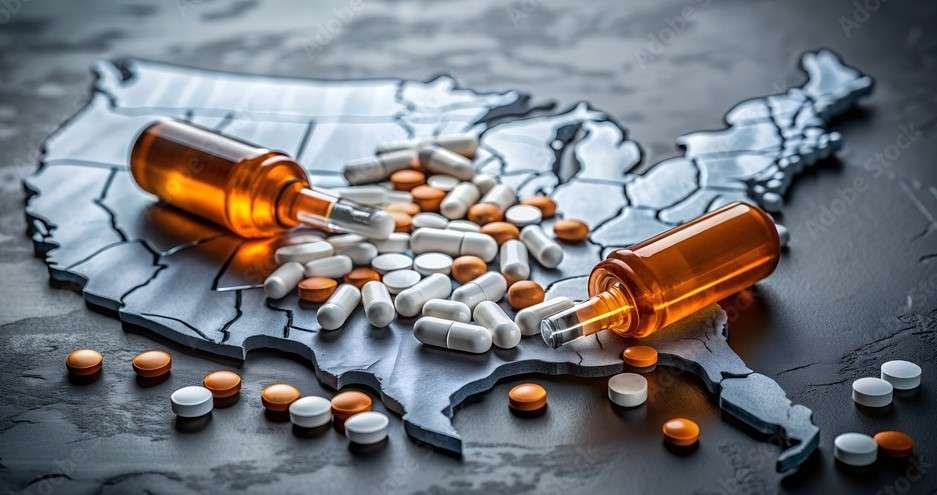
Understanding the Opioid Epidemic
The opioid crisis has had a devastating impact on communities across the United States. As healthcare professionals and policymakers search for solutions, medical marijuana has gained attention as a potential alternative to opioids for pain management. This natural remedy has shown promise in alleviating chronic pain while potentially reducing the risk of overdose associated with opioid use.
The Scale of the Opioid Epidemic
The opioid crisis has reached alarming proportions, with significant impacts on public health. In Florida, recent data indicates that 4.0% of individuals aged 12 and older engaged in nonmedical opioid use, while 0.70% experienced an opioid use disorder. The state’s opioid-related overdose death rate stood at 14.4 deaths per 100,000 in 2016, surpassing the national rate of 13.3 deaths per 100,000 persons.
The Emergence of Medical Marijuana as a Potential Solution
Medical marijuana has emerged as a promising alternative for chronic pain management. A study involving 115 patients on COT found that 75 chose to remain certified for medical cannabis due to significant pain relief, leading to a reduction in opioid use.

Medical Marijuana’s Impact on Opioid Use
Reduction in Opioid Prescriptions
Studies have shown that medical marijuana has an influence on reducing opioid prescriptions. In Florida, recent data indicates a decrease in nonmedical opioid use from 5.2% in 2003-2006 to 4.0% in 2015-2016 among individuals aged 12 and older. This trend suggests that the availability of medical marijuana may be contributing to a reduction in opioid misuse.
Decreased Opioid Dependence
The introduction of medical cannabis has led to a decrease in opioid dependence. A study involving 115 patients on chronic opioid therapy (COT) found that 75 chose to remain certified for medical cannabis due to significant pain relief. This resulted in a substantial reduction in opioid use, with a 67.1% average decrease in daily morphine milligram equivalents (MME) at the first follow-up, from 49.9 to 16.4 MME.
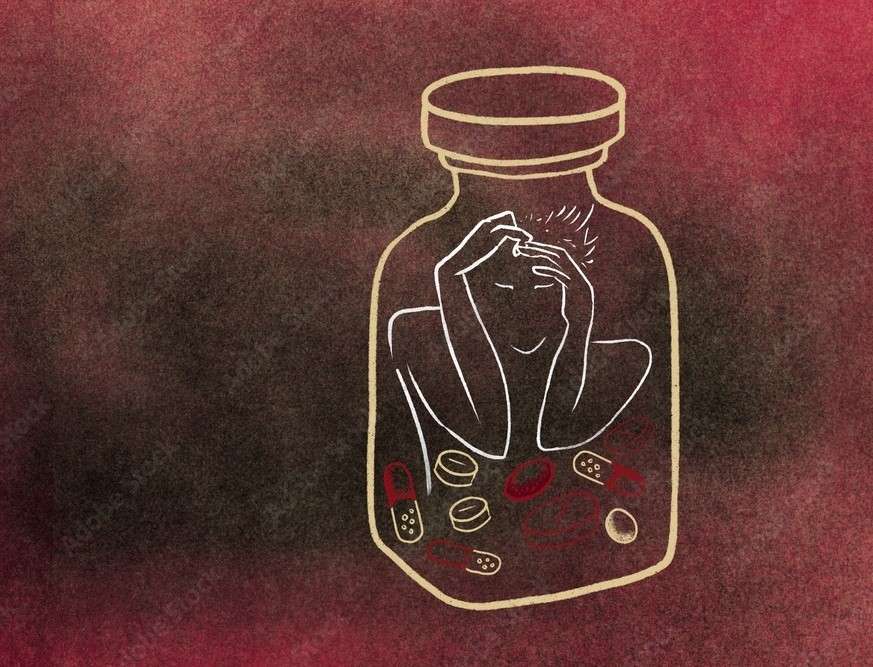
Lower Rates of Opioid-related Overdoses
The implementation of medical marijuana programs has been associated with lower rates of opioid-related overdoses. In Florida, the opioid-related overdose death rate was 14.4 deaths per 100,000 in 2016, which was higher than the national rate. However, the introduction of medical cannabis as an alternative treatment option has the potential to help reduce these numbers over time.
Conclusion
Medical marijuana has shown promising results in tackling the opioid crisis. Its ability to manage chronic pain effectively while reducing opioid use and dependence offers a ray of hope in the fight against opioid abuse. The decrease in opioid prescriptions and lower rates of overdose deaths in states with legal cannabis programs highlight the potential of this natural alternative to make a real difference in public health.
As research continues to support the benefits of medical marijuana in pain management, it’s crucial to consider its broader implementation in healthcare strategies. The positive outcomes observed so far suggest that medical cannabis could play a key role in addressing the opioid epidemic and saving lives.
Come into Affordable Marijuana License today to see how medical cannabis can benefit your life! By exploring this alternative treatment option, we may be able to create a safer, more effective approach to pain management and reduce the devastating impact of opioid addiction on individuals and communities.

